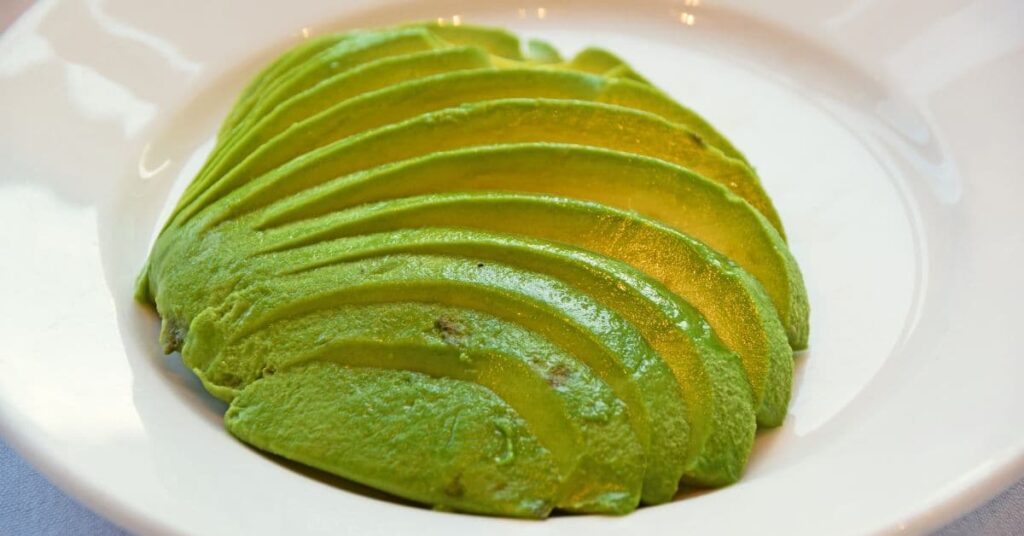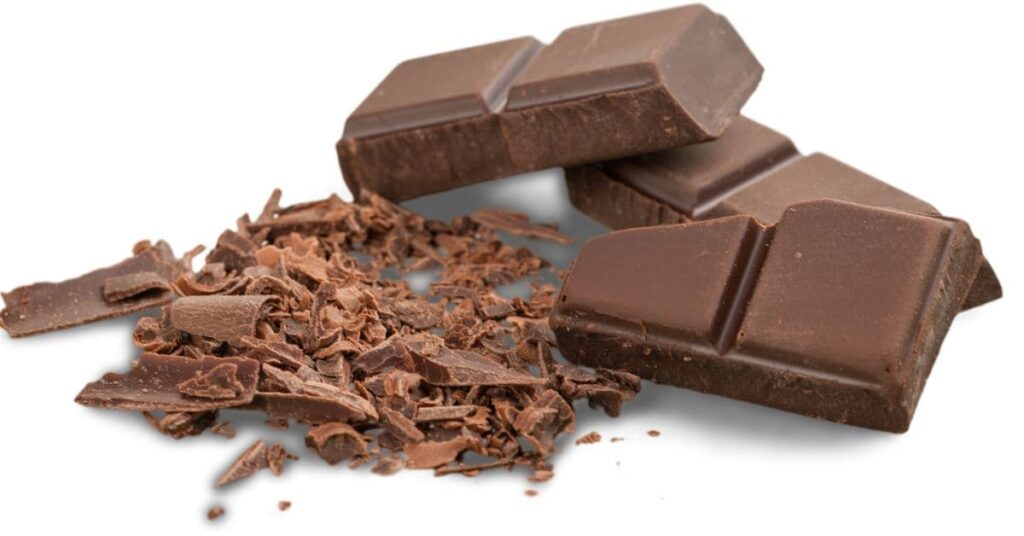Healthy, glowing skin isn’t just a result of external skincare routines—it also reflects what we nourish our body with. The skin is the body’s largest organ, and the food we eat plays a crucial role in its health and appearance. A well-balanced diet, rich in vitamins, minerals, and antioxidants, can help maintain clear, radiant skin, while poor dietary choices can contribute to issues like acne, dryness, and inflammation. In this article, we’ll explore the connection between diet and skin health and provide tips on foods that promote a glowing complexion.
How Diet Affects Skin Health
The skin reflects the state of our internal health, and certain foods directly impact its hydration, elasticity, and clarity. Here’s how diet influences skin health:
- Inflammation: A diet high in refined sugars and processed foods can lead to chronic inflammation, exacerbating conditions like acne and rosacea.
- Antioxidant Levels: Antioxidants protect the skin from free radical damage, which can cause premature aging and dullness.
- Hydration: Proper hydration keeps the skin plump and reduces dryness. Foods with high water content and healthy fats support skin moisture levels.
- Collagen Production: Nutrients like Vitamin C and protein are essential for collagen synthesis, which maintains skin elasticity and firmness.
Top Foods for Healthy, Glowing Skin

1. Fatty Fish (Salmon, Mackerel, Sardines)
Fatty fish are rich in omega-3 fatty acids, which reduce inflammation and keep skin hydrated. They also provide Vitamin E, a powerful antioxidant that protects against oxidative stress.
2. Avocados
Avocados are packed with healthy fats that nourish the skin and improve elasticity. They are also a great source of Vitamin C, Vitamin E, and biotin, which contribute to skin regeneration and moisture retention.
3. Berries (Blueberries, Strawberries, Raspberries)
Berries are loaded with antioxidants, including Vitamin C, which fights free radicals and promotes collagen production. Their anti-inflammatory properties can also help reduce redness and puffiness.
4. Nuts and Seeds (Almonds, Walnuts, Chia Seeds, Flaxseeds)
These are excellent sources of healthy fats, zinc, and antioxidants. Zinc supports skin repair and regulates oil production, making it beneficial for acne-prone skin.
5. Leafy Greens (Spinach, Kale, Swiss Chard)
Leafy greens are rich in Vitamin A, C, and K, which aid in collagen synthesis and reduce inflammation. They also contain folate, which supports skin cell repair and renewal.
6. Green Tea
Green tea contains catechins, which have anti-inflammatory and antioxidant properties. Drinking green tea regularly can help reduce acne and prevent sun damage.
7. Sweet Potatoes
Sweet potatoes are high in beta-carotene, which the body converts into Vitamin A. This nutrient helps maintain a healthy skin barrier and protects against UV damage.
8. Dark Chocolate

Rich in antioxidants like flavanols, dark chocolate improves blood flow to the skin, enhances hydration, and reduces the appearance of wrinkles. Choose varieties with at least 70% cocoa content for maximum benefits.
9. Tomatoes
Tomatoes contain lycopene, an antioxidant that protects the skin from UV damage and improves skin texture. Cooking tomatoes increases the availability of lycopene.
Foods to Limit for Better Skin Health
While many foods benefit the skin, some can have adverse effects when consumed excessively:
- Sugary Foods: Refined sugars increase insulin levels, triggering oil production and acne.
- Dairy Products: For some people, dairy can exacerbate acne and lead to inflammation.
- Processed Foods: High in unhealthy fats and salt, processed foods can disrupt hydration and increase inflammation.
- Alcohol: Dehydrates the skin, making it appear dull and dry.
Additional Tips for Skin-Boosting Nutrition
- Stay Hydrated: Drink at least 8-10 glasses of water daily to maintain skin moisture levels.
- Incorporate Probiotics: Fermented foods like yogurt and kimchi support gut health, which is linked to skin health.
- Limit Caffeine: While moderate caffeine consumption is fine, excessive amounts can dehydrate the skin.
- Balance Your Diet: Include a variety of fruits, vegetables, proteins, and healthy fats to nourish your skin from within.
Achieving glowing, healthy skin involves more than just skincare products—it starts with a nutritious, well-balanced diet. By incorporating skin-boosting foods like fatty fish, berries, nuts, and leafy greens, you can nourish your skin from the inside out. At the same time, limiting sugar, processed foods, and dairy can help prevent inflammation and breakouts. Remember, consistency is key when it comes to diet and skin health, and results will become more noticeable over time.
